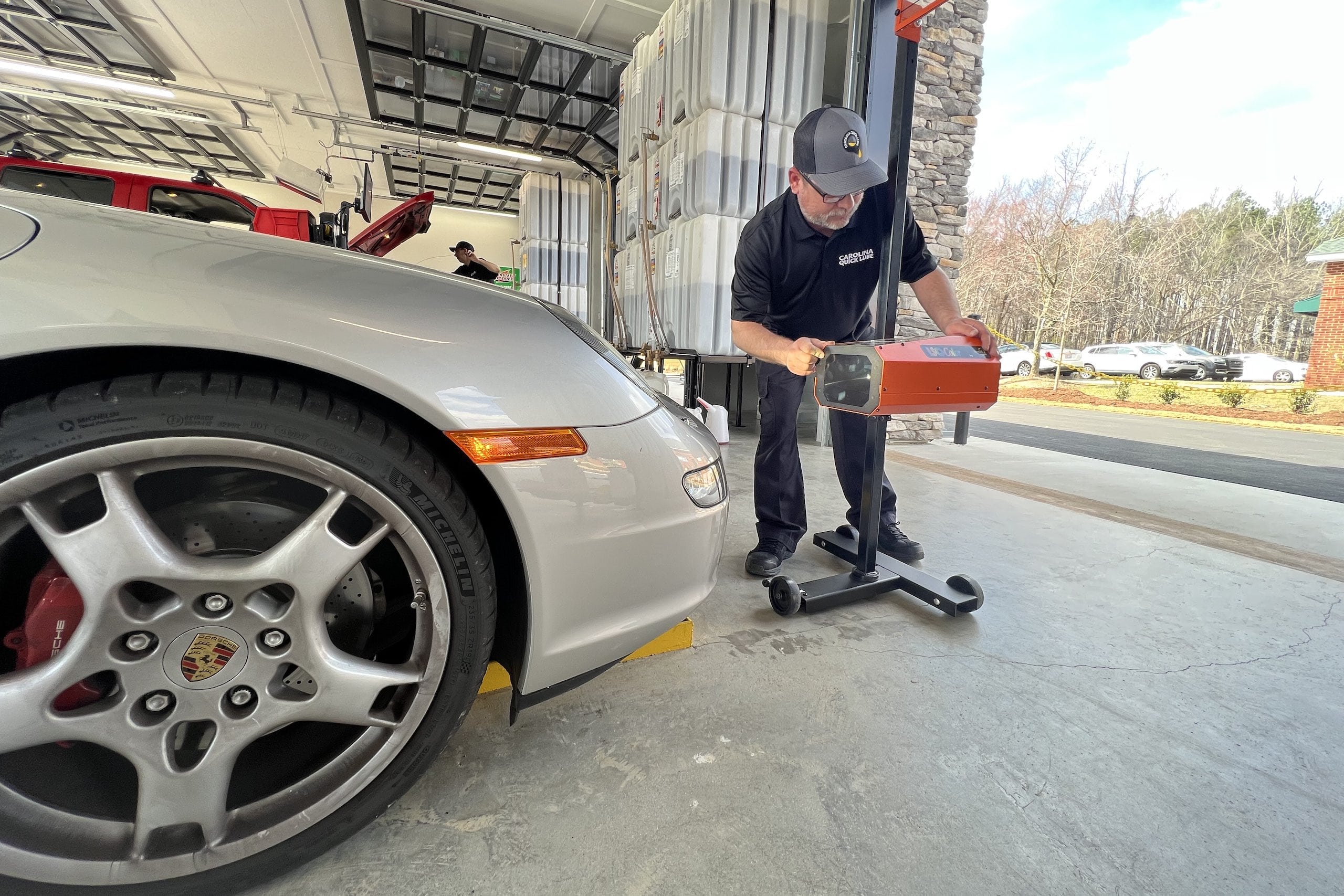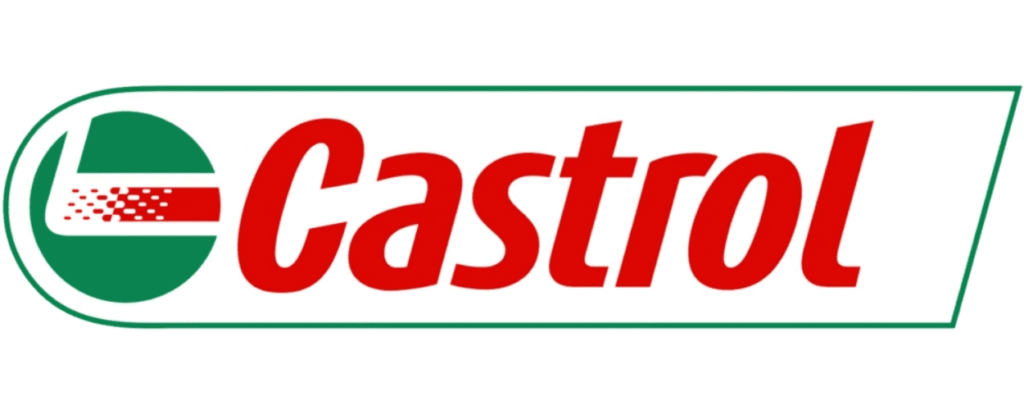In North Carolina, vehicle inspections are required annually to ensure that vehicles are safe to operate and meet environmental standards. These consist of a safety inspection and an emmsions inspection of your vehicle. Below is an overview of what to expect during your vehicles next inspection at Carolina Quick Lube!
The North Carolina Vehicle Inspection Process
- Preparation:
- Ensure all necessary repairs are made before the inspection.
- Have your vehicle registration and proof of insurance ready.
- At the Inspection Station:
- The inspector will perform the required checks.
- Passing the Inspection:
- If your vehicle passes, you will receive a Vehicle Inspection Report (VIR).
- This report is required for vehicle registration renewal.
- Failing the Inspection:
- If your vehicle fails, you will receive a report indicating what needs to be repaired.
- You have 60 days to make the necessary repairs and return for a re-inspection. Only the failed components will be re-inspected.
Safety Inspection
The safety portion of the inspection is required for all registered vehicles and includes checks for the following:
- Brakes
- Lights
- Signals
- Steering
- Horn
- Windows and windshield wipers
- Mirrors
- Tire tread
- Exhaust system
- Seat belts
Emissions Inspection
The emissions portion of the inspection is required for vehicles in 22 counties with higher population densities and air quality concerns. It includes checks for the following:
- OBD (On-Board Diagnostics) system: Ensures the vehicle’s emissions control system is working properly.
- Tailpipe emissions: Measures pollutants directly from the exhaust.
Vehicle Exemptions
- New Vehicles: Exempt from the first three years of emissions inspections.
- Older Vehicles: Vehicles manufactured before 1996 are generally exempt from emissions inspections.
- Electric Vehicles: Exempt from emissions inspections.
Tips for Passing the Inspection
- Regular maintenance: Keep your vehicle in good repair and address any warning lights on your dashboard.
- Pre-inspection check: Before going for an inspection, check lights, wipers, and tires yourself.
- Documentation: Ensure you have all necessary paperwork, including registration and insurance.
If you need specific details or have more questions about the process, feel free to ask one of our experience technicians at Carolina Quick Lube!


